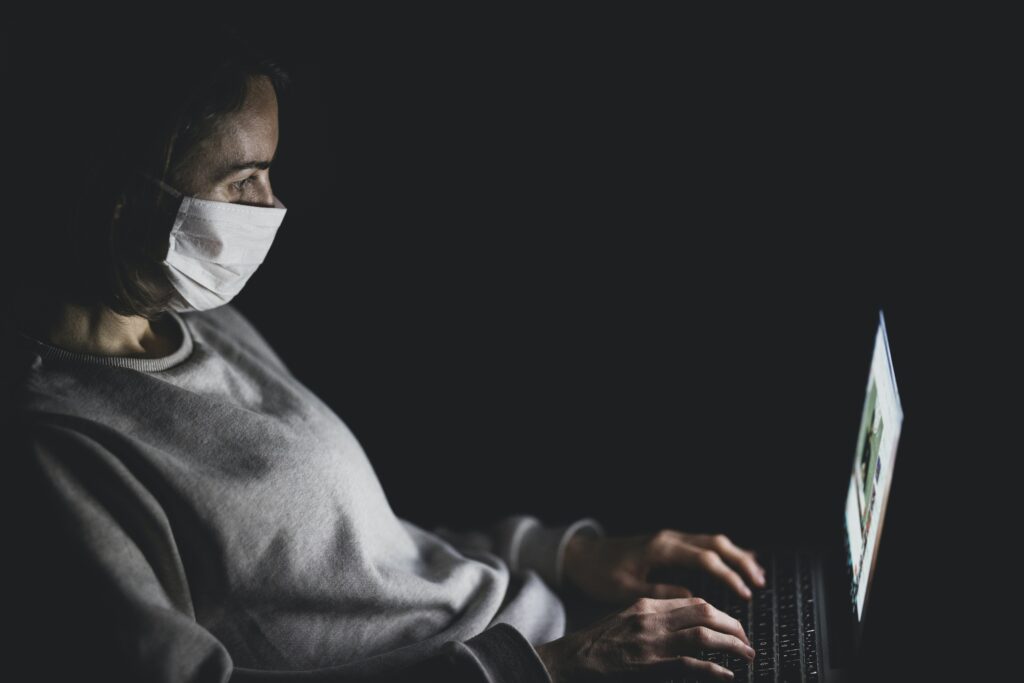
Despite the demands of the rapid shift to online teaching and new child care responsibilities, academic staff in the Department of History, University of Sydney, have been applying their expertise to help us understand the Covid-19 pandemic and its implications. Historians are revealing the social, cultural and political dimensions of the disease outbreak, especially in relation to racism and inequality, as well as illuminating its impact on international relations, economies, human rights and university learning.
Sophie Loy-Wilson has eloquently connected the Australian response to Covid-19–the so-called ‘China virus’–to our country’s long history of racism, and explained how our leaders should combat viral panic, ignorance and prejudice.
Turning to the United States, Thomas Adams considers the damage neoliberalism and health care privatisation are doing to workers’ health. In collaboration with the Greater New Orleans Coalition for a Fair Hospitality Fund, Adams is critically examining how economic aid is distributed in the pandemic. Meanwhile, Pamela Maddock, a recent Ph.D. graduate, is writing on the history of militarisation of American reactions to crises such as epidemics.
Sophie Chao is productively exploring how Covid-19 makes us think about our bodies differently, and reshapes intimacy and domesticity. A further article has just come out with Thesis Eleven, along with a special issue of Oceania, on the pandemic in the Pacific, co-edited with anthropologist Ute Eickelkamp.
In a similar cultural vein, Warwick Anderson has written on how to have philosophy in a pandemic, why the iconic Australian beach was re-imagined as a special space of contamination, and what the controversies over mask wearing mean for ‘face work’ in a time of Covid-19, particularly in the United States. Isis, the leading history of science journal, commissioned him to take a ‘second look’ at Charles Rosenberg’s The Cholera Years (1962) in the light of the pandemic, and he is writing an essay review for Public Books of three forthcoming epidemic histories. Additionally, he spoke with Christopher Lydon on U.S. National Public Radio’s Open Source–along with Jim Kim, former president of the World Bank–about national responses to Covid-19.
Others in History are explaining the pandemic’s implications for governance and international relations. Glenda Sluga looks closely at how the Coronascene has licensed xenophobia and nationalism, with dire consequences for international order. She has spoken widely on global aspects of the response to the pandemic and the recovery from it. In numerous articles, James Curran urges Australia not to use the excuse of Covid-19 to erect permanent walls against the rest of the world. He explores the pandemic’s impact on our relations with China and the United States. Marco Duranti is working with data scientists to conduct ‘text mining’ in order to illuminate what reactions to the new coronavirus might mean for human rights
Within the University sector itself, Julia Horne is writing on how Covid-19 has exposed Australian universities’ reliance on international students. While Miranda Johnson reflects thoughtfully on the pedagogical meanings of the shift toward online learning. Postgraduate student Robin M. Eames and undergraduate (and University disability officer) Margot Beavon-Collin have written a statement on behalf of the University of Sydney Disabilities Collective, explaining how epidemic diseases such as Covid-19 historically have disproportionately affected those with disabilities. Frances Clarke is helping history students create and curate materials, especially oral histories, for the Fisher Library’s new Covid-19 archive. And postgraduate student Hollie Pich has analysed such archive work—Covid history in the making, or capturing the pandemic for posterity—in the Guardian.
Finally, for some upcoming analysis and discussion about different aspects of the relationship between Universities and the current crisis, please join us online for the History of University Life seminar, starting with a discussion about what would it take to have a university-led recovery in the post-Covid world. Chaired by Julia Horne, University Historian at the University of Sydney and co-convenor of History of University Life, an invitation and full program details can be found here.
Sydney historians are entering the Coronasphere through diverse routes, but with the common goal to employ the methods and insights of the humanities and social sciences to better understand and engage with our global predicament.
June 2020

